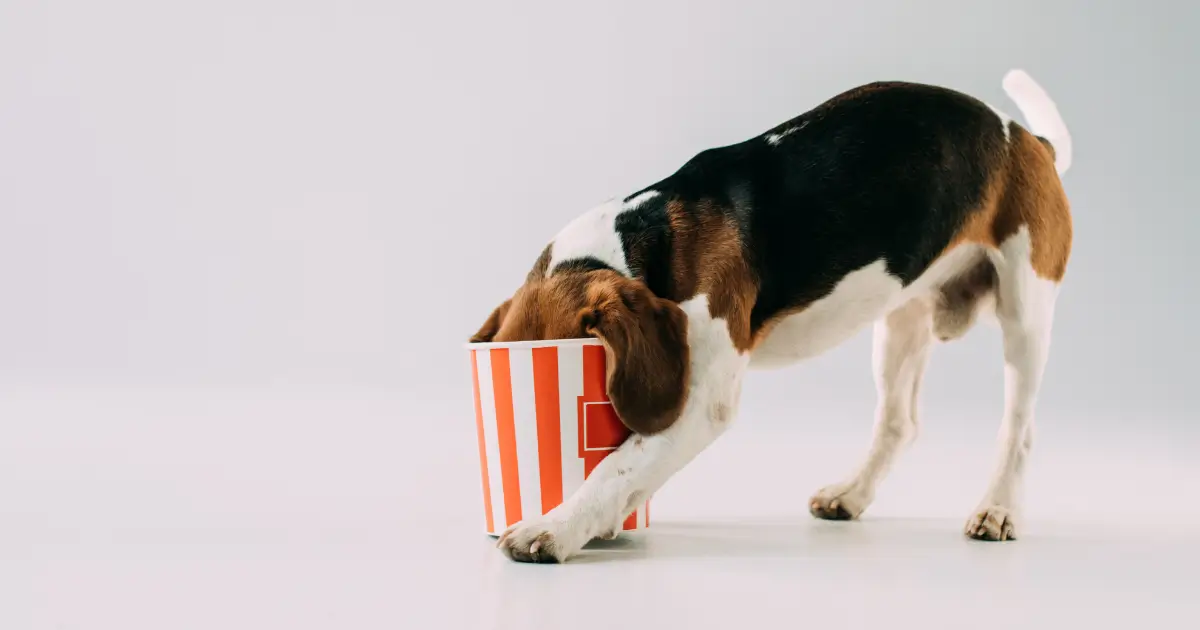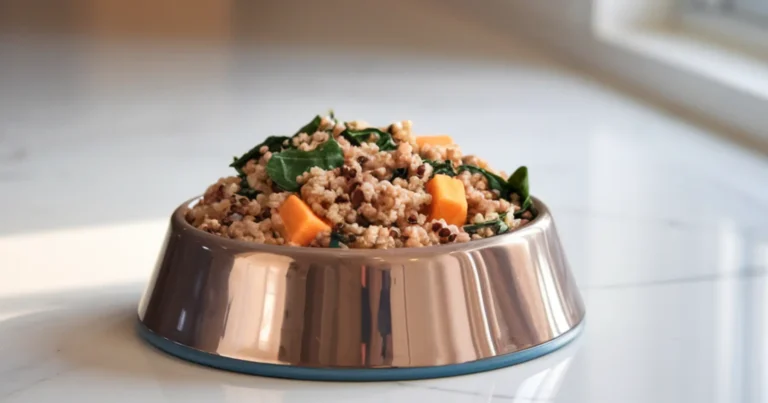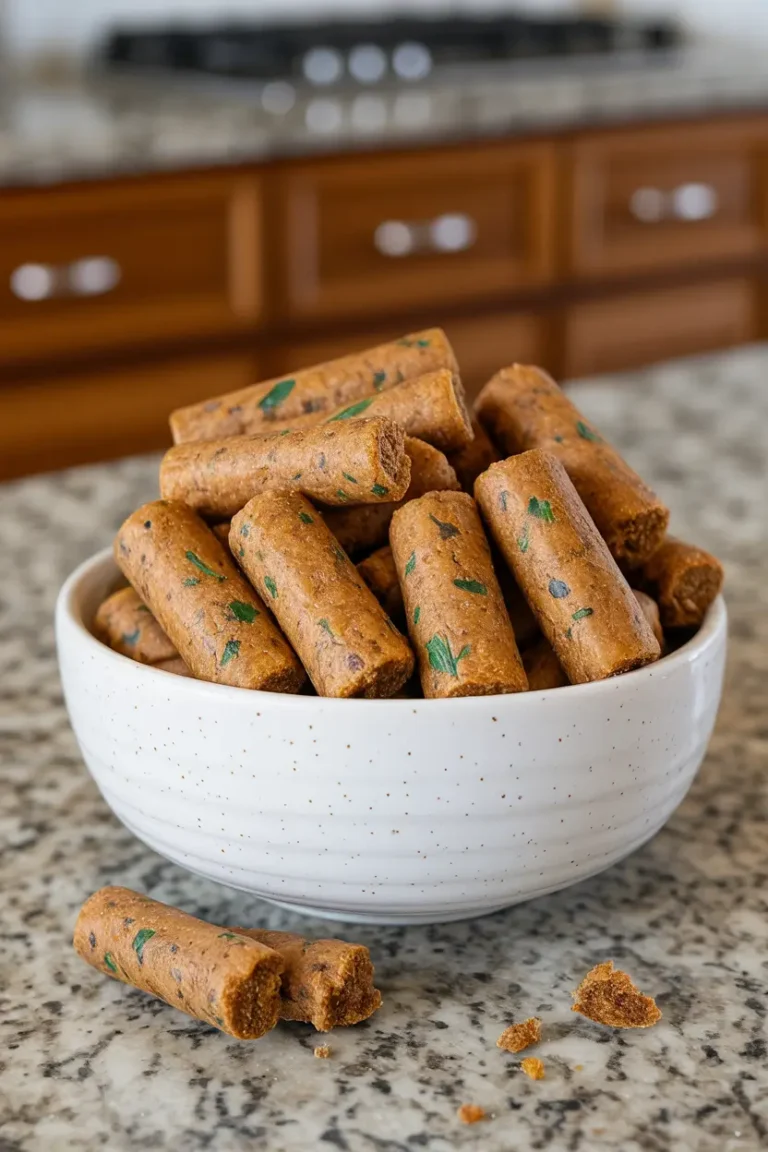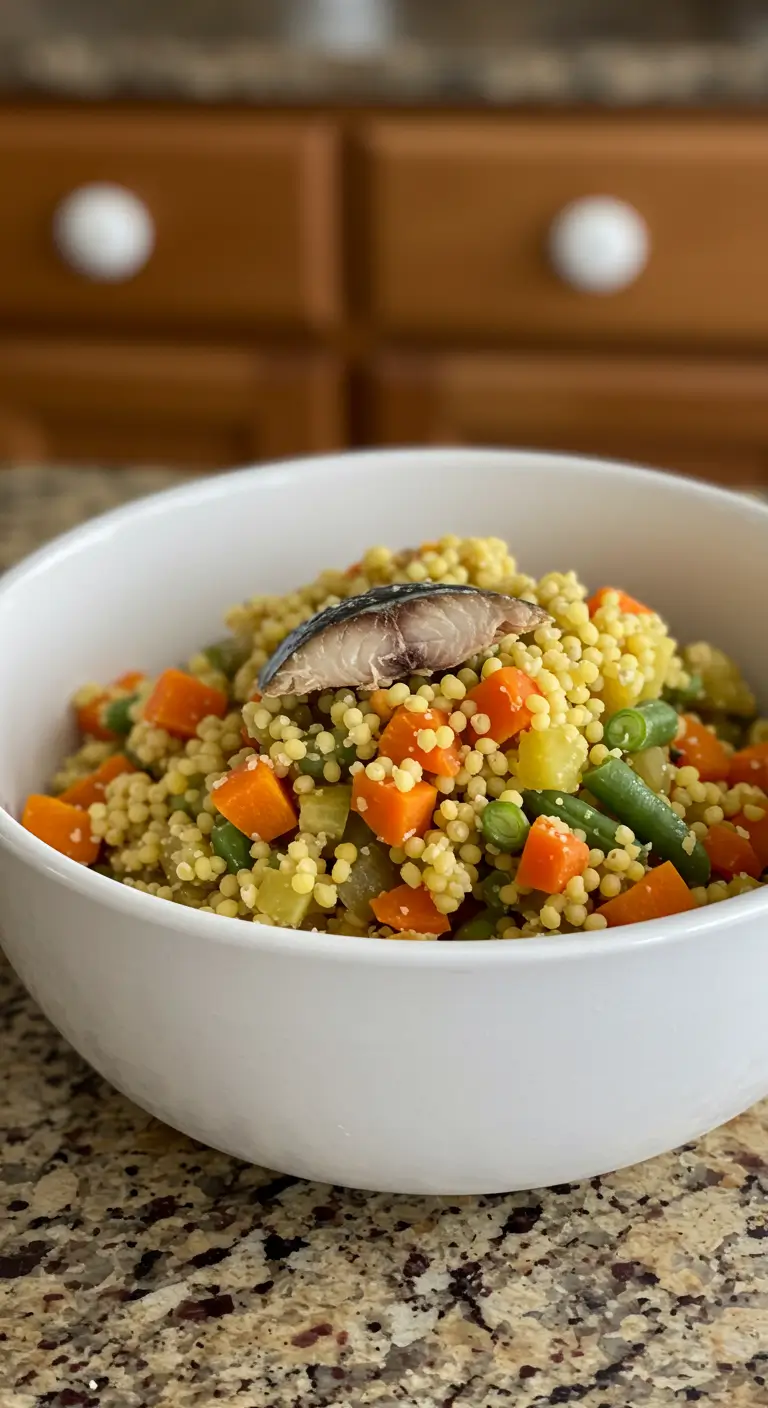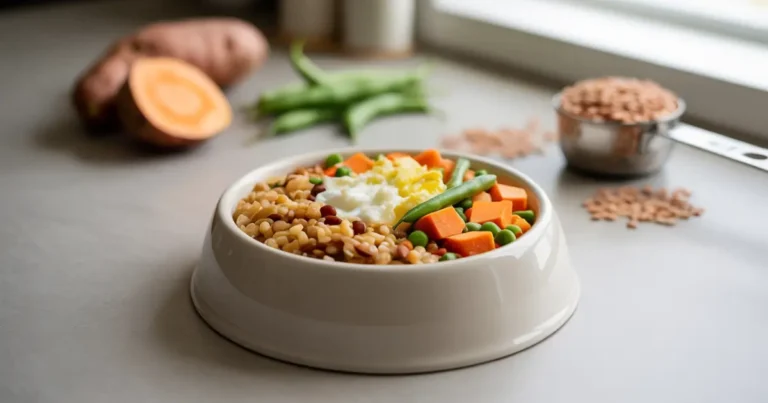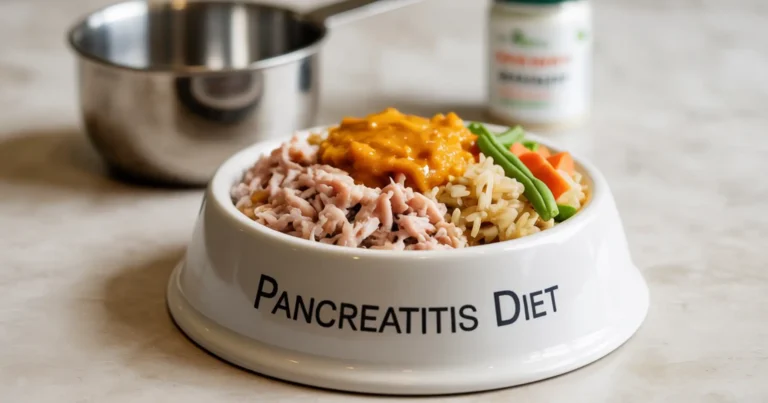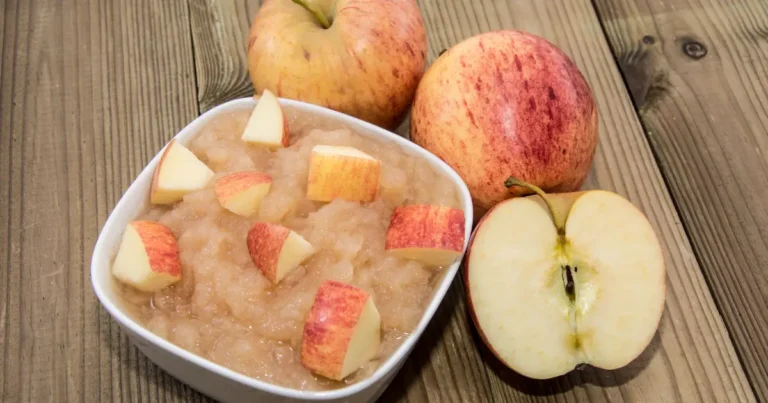Can Dogs Eat Popcorn: 8 Essential Safety Guidelines
Having a dog has probably made you wonder, “Can dogs eat popcorn?” when those pleading eyes gaze longingly at your movie night snack. The short answer is that dogs can have popcorn in certain circumstances, but there are important safety considerations every pet parent should understand before sharing this popular treat.
Popcorn itself isn’t toxic to dogs, but the way it’s prepared and served can make the difference between a safe occasional treat and a dangerous snack. This comprehensive guide will explore whether popcorn for dogs is appropriate, examining both potential benefits and risks, while providing you with 8 essential safety guidelines to follow if you decide to offer popcorn to your canine companion.
Table of Contents
Is Popcorn Safe for Dogs? The Basic Facts
Before diving into specific guidelines, let’s address the fundamental question: Is popcorn bad for dogs? The answer depends on several factors.
The Nutritional Profile of Plain Popcorn
In its simplest form, plain and air-popped.
Popcorn contains:
- Fiber that can support digestive health
- Low calorie content (about 30 calories per cup when air-popped)
- Small amounts of minerals, including magnesium and zinc
- Some B vitamins
- Antioxidants that may provide cellular health benefits
When considering is popcorn good for dogs, these nutritional elements suggest that plain popcorn isn’t harmful in moderation. However, the nutritional benefits are minimal compared to high-quality dog food or purpose-made dog treats.
When Popcorn Becomes Dangerous for Dogs
The real concerns arise with how popcorn is typically prepared and served to humans:
- Butter and oil add significant fat content that can lead to obesity or pancreatitis
- Salt can cause increased thirst, urination, and even sodium ion poisoning in excessive amounts
- Artificial flavorings may contain ingredients toxic to dogs
- Caramel, cheese, or chocolate coatings introduce sugars, dairy, and potentially toxic substances
- Unpopped or partially popped kernels can harm teeth and pose a choking hazard.
- Seasonings like garlic or onion powder are toxic to dogs and can cause anemia
With these factors in mind, let’s explore the 8 essential safety guidelines for feeding popcorn to your dog.
8 Essential Safety Guidelines for Feeding Popcorn to Dogs
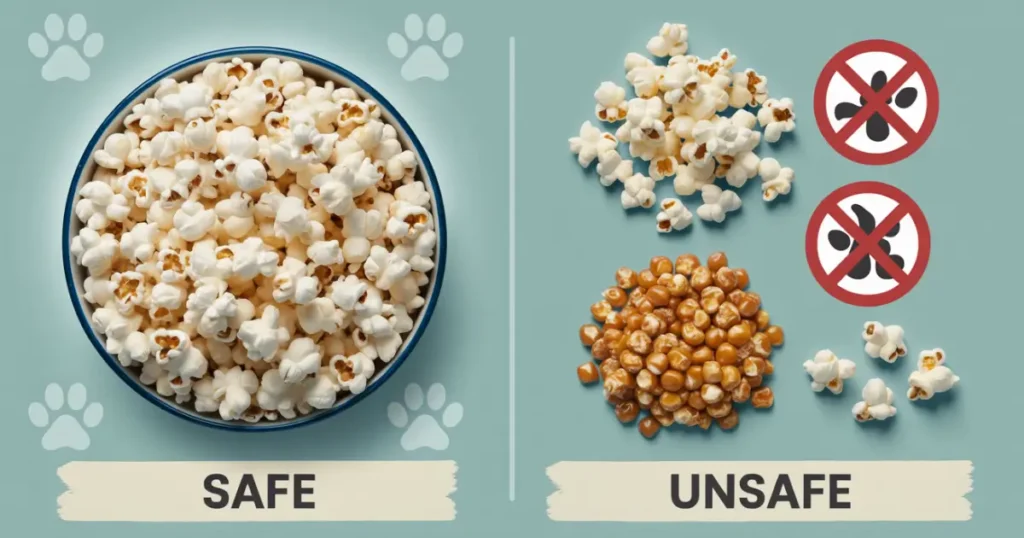
Follow these crucial guidelines if you’re considering giving popcorn for dogs or answering “yes” to the question “can dogs have popcorn?”:
1. Only Serve Plain, Air-Popped Popcorn
The first and most important rule is that dogs can only eat popcorn in plain and air-popped varieties. This means:
- No microwave popcorn (contains oils and often artificial flavors)
- No movie theater popcorn (loaded with butter and salt)
- No kettle corn (contains sugar)
- No caramel, cheese, or other flavored varieties
Air poppers are the safest way to prepare popcorn for dogs, as they require no oil and produce the plainest result. If you don’t have an air popper, dry popping in a pan without oil is the next best option, though more difficult to execute without burning.
2. Remove All Unpopped and Partially Popped Kernels
Unpopped and partially popped kernels pose several dangers:
- Choking hazards, especially for small dogs
- Dental damage including cracked or broken teeth
- Digestive obstruction if swallowed whole
- Gum injuries from sharp edges
Before giving any popcorn to your dog, carefully sort through and remove every unpopped or partially popped kernel. This step is non-negotiable for safety.
3. Serve in Appropriate Portion Sizes
When it comes to treats like popcorn, moderation is key. Treats should make up no more than 10% of a dog’s daily caloric intake, according to veterinary nutritionists.
For perspective, appropriate serving sizes of plain popcorn might be:
- Small dogs (under 20 lbs): 1-2 fully popped kernels
- Medium dogs (20-50 lbs): 5-10 fully popped kernels
- Large dogs (over 50 lbs): A small handful of fully popped kernels
Remember that popcorn should be an occasional treat, not a regular part of their diet.
4. Introduce Popcorn Gradually
When first determining if dogs can have popcorn safely, introduce it gradually:
- Offer one piece of plain, air-popped popcorn
- Observe your dog for 24 hours for any adverse reactions
- If no adverse reactions occur, you may occasionally offer the appropriate serving size
Signs of adverse reactions might include digestive upset, changes in stool, or unusual behavior. If you notice any of these, popcorn may not be appropriate for your particular dog.
5. Consider Your Dog’s Individual Health Profile
Not all dogs should have popcorn, even if it’s prepared and served safely. Consider these factors when deciding is popcorn good for dogs in your specific situation:
- Dogs with corn allergies should never consume popcorn
- Dogs with pancreatitis or a history of digestive issues may be more sensitive to any treats outside their regular diet
- Diabetic dogs should generally avoid popcorn due to its carbohydrate content
- Dogs on weight management plans may need to forgo even low-calorie treats like plain popcorn
- Puppies have more sensitive digestive systems, and popcorn is not recommended
Always consult your veterinarian if you’re unsure whether popcorn is appropriate for your dog’s specific health needs.
6. Never Leave Your Dog Unattended with Popcorn
Even when following all other guidelines, never leave your dog unattended while they’re enjoying popcorn. Supervision is crucial to:
- Prevent access to unpopped kernels you might have missed
- Ensure they don’t choke on popped kernels
- Control the portion size they actually consume
- Prevent them from accessing human popcorn that may have unsafe toppings
This rule applies to all treats, but especially those like popcorn that could pose choking hazards.
7. Keep Human Popcorn Out of Reach
Let’s face it: the popcorn most humans enjoy is not the plain, air-popped variety safe for dogs. Your buttery, salty movie night snack can be dangerous if your dog manages to consume it.
Take these precautions:
- Keep human popcorn bowls at a height dogs can’t reach
- Don’t leave popcorn unattended on coffee tables or other accessible surfaces
- Clean up any dropped pieces promptly
- Consider crating your dog or keeping them in another room during movie snack time
Being vigilant about keeping human popcorn away from your dog prevents the common scenario where the question isn’t can dogs eat popcorn but rather “my dog just ate a bowl of buttered popcorn—what do I do?”
8. Recognize that Better Alternatives Exist
The final guideline acknowledges that while plain popcorn isn’t toxic, there are far better treat options for your dog that provide more nutritional benefits with fewer risks.
Consider these healthier alternatives:
- Carrots: Crunchy, low-calorie, and good for dental health
- Apple slices (without seeds): Natural sweetness with fiber and vitamins
- Commercial dog treats: Made especially to meet the dietary requirements of dogs
- Green beans: high in fiber and low in calories.
- Plain, cooked chicken pieces: High in protein without additives
Many dog owners also wonder about other human snacks. While considering safe table foods, it’s worth noting that pickles contain too much sodium and vinegar for dogs, making them a poor choice compared to fresh vegetables. Similarly, sweet treats like marshmallows offer zero nutritional value and contain sugar that can contribute to obesity and dental problems.
Potential Health Concerns: Is Popcorn Bad for Dogs?

Even when following all eight safety guidelines, there are some potential health concerns to be aware of when considering is popcorn bad for dogs in specific situations.
Digestive Issues
Some dogs may experience digestive upset even from plain popcorn. Watch for:
- Vomiting
- Diarrhea
- Excessive gas
- Stomach discomfort or pain
If you notice any of these symptoms after giving your dog popcorn, discontinue offering it as a treat.
Allergic Reactions
Corn is one of the more common food allergens for dogs. Signs of a corn allergy may include:
- Itchy skin
- Ear infections
- Paw licking or chewing
- Gastrointestinal upset
- Respiratory issues in severe cases
Consult your veterinarian and stay away from popcorn completely if you think your dog may have a corn allergy.
Choking and Dental Hazards
Even fully popped kernels can pose risks:
- The light, airy texture may be inhaled accidentally
- The outer shell, or hull, may become lodged in the gums or in between teeth.
- Dental problems in older dogs can make it difficult for them to chew food correctly.
These concerns reinforce why supervision is essential when offering popcorn to your dog.
Human Snacks Compared: What’s Safe for Your Dog?
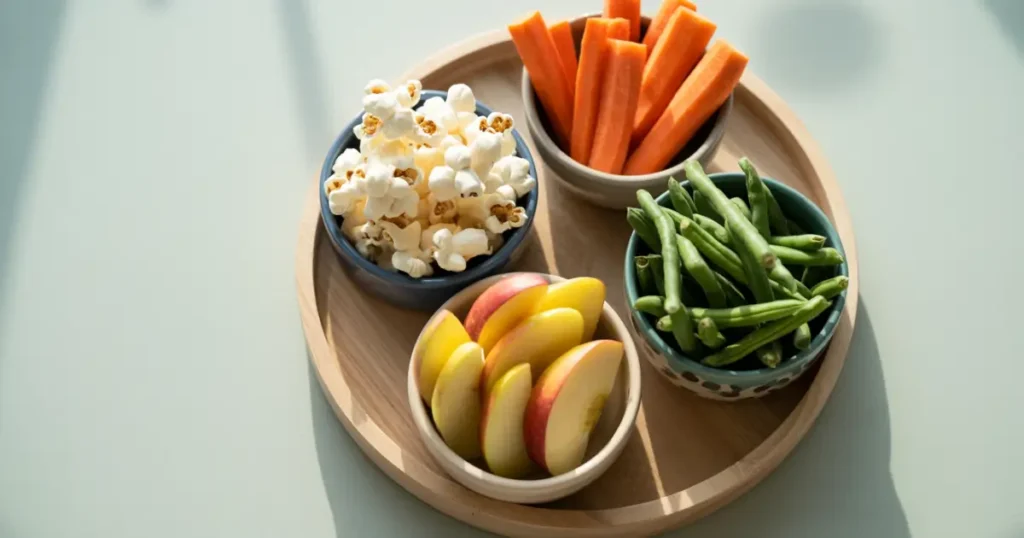
While exploring whether can dogs eat popcorn, you might wonder how it compares to other common human snacks. Let’s look at a few popular items:
Salty Snacks
When comparing popcorn to other crunchy treats, pretzels might seem like a similar option. However, most pretzels contain too much salt and are made from refined flour that offers little nutritional value for dogs. Like popcorn, even plain pretzels should only be given rarely, if at all.
Sweet Treats
For dogs with a sweet tooth, you might wonder about gelatin-based desserts as an alternative to popcorn. Unfortunately, most commercial Jello products contain sugar, artificial colors, and flavors that provide no nutritional benefit and may cause digestive upset in dogs.
Breakfast Foods
Breakfast cereals and granola might seem like they’d be similar to popcorn in terms of safety, but many contain problematic ingredients for dogs. Granola frequently contains nuts (which are high in fat), raisins (which are toxic to dogs), or sweeteners like xylitol (which is very harmful to dogs). These make granola a much riskier choice than plain popcorn.
By comparing popcorn for dogs to these other human foods, we can see that while plain popcorn has minimal risks when properly prepared, many common human snacks pose even greater dangers to our canine companions. This reinforces the importance of carefully evaluating any human food before sharing it with your pet.
Key Takeaways: Can Dogs Eat Popcorn Safely?
To summarize what we’ve learned about whether dogs can have popcorn:
- Dogs can consume popcorn as long as it’s air-popped, plain, and free of any unpopped kernels.
- Moderation is crucial – popcorn should be an occasional treat in very small amounts
- Many dogs should avoid popcorn entirely based on their health status or dietary needs
- The risks often outweigh the benefits since popcorn offers minimal nutritional value
- Better alternatives exist that provide more nutrients with fewer risks
- Following all 8 safety guidelines is essential if you choose to offer popcorn
Conclusion: Making Informed Decisions About Popcorn for Dogs
When evaluating whether popcorn for dogs is appropriate, it’s important to weigh the minimal benefits against the potential risks. While plain, air-popped popcorn isn’t toxic to most dogs, the preparation required to make it safe and the supervision needed during consumption make it a relatively high-effort treat with little nutritional payoff.
Instead, consider offering your dog treats specifically designed for their species or whole foods like small pieces of carrots, apples, or lean meats that provide genuine health benefits. Remember that the best way to show love to your pet isn’t always through sharing human foods. Quality time, attention, exercise, and appropriate dog-specific treats often make your furry friend much happier than a few pieces of popcorn ever could.
For more comprehensive information about foods that are safe to share with your dog, check out our main guide on what foods can dogs eat from the table, which covers a wide range of human foods and their safety for canine consumption.
FAQs About Dogs and Popcorn
Can puppies eat popcorn?
It’s best to avoid giving popcorn to puppies. Their digestive systems are still developing, and they’re at higher risk for choking. Additionally, puppies need nutrient-dense foods to support their growth, and popcorn for dogs offers minimal nutritional value.
What should I do if my dog eats buttered or salted popcorn?
If your dog consumes a small amount of buttered or salted popcorn, monitor them closely for signs of digestive upset. For larger amounts, or if your dog has a sensitive stomach or existing health conditions, contact your veterinarian for guidance. This is an important consideration when determining can dogs eat popcorn that has been prepared for humans.
Can dogs eat popcorn cakes or rice cakes instead?
Plain rice cakes may be a safer alternative to popcorn, as they don’t have hulls that can get caught in teeth. However, they still offer minimal nutritional value and should only be given occasionally in small amounts.
How often can I give my dog popcorn?
Plain, air-popped popcorn should be an occasional treat, perhaps once a week at most, and always in the appropriate small portions based on your dog’s size.
Does giving popcorn to my dog have any advantages?
The primary benefit is as an occasional, low-calorie treat that many dogs enjoy. However, when asking is popcorn good for dogs from a nutritional standpoint, the answer is that there are very few advantages compared to purpose-made dog treats or healthy alternatives like small pieces of vegetables or fruits.

